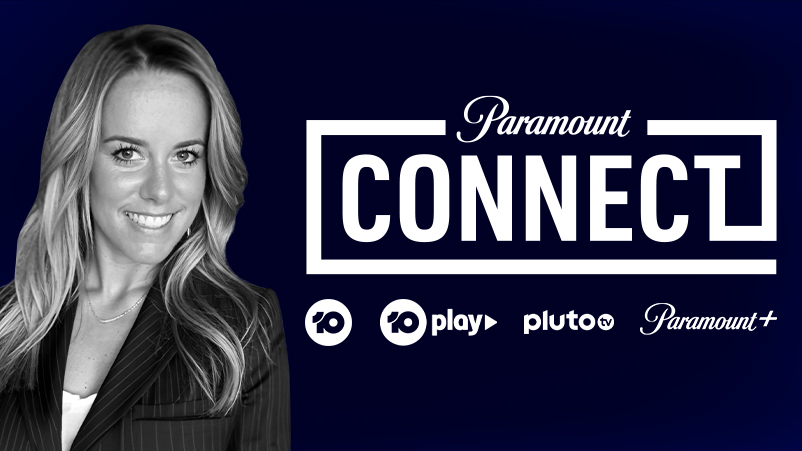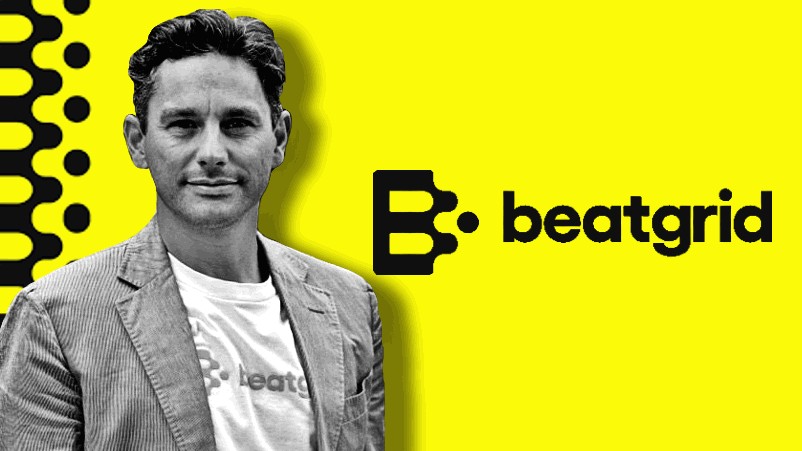Simplicity is not laziness: talk real, ditch the jargon, bin the logos (and do e-commerce well)
I remember being in Singapore a few years ago, and one of our senior clients stood up and said to a room of us that “if an agency is not a leader in ecommerce, they won’t have our digital business in three years”.
This was a specific warning of where the client saw the future, that we shouldn’t rest on our laurels, and that we needed to continue developing our services and offering.
Thinking about this now, they were dead right. But I also think unless your offering in data, tech, experience and ecommerce is compelling, you’re going to struggle as a media agency in the current landscape.
Sometimes I think back to simpler times when I first got into this business back in 2001. Digital was SEM and display, yet still it didn’t feel simple at the time. Those of us who date back that long will remember making our fair share of mistakes as we tried to understand the new landscape and the expanding ecosystem that has developed over the past two decades.
I sometimes wonder what my 2001 self would think if he landed in 2020 and had to deal with the level of complexity we now have?
To use the analogy of the frog in the boiling bath, 2020 me has been slowly boiling over time, whereas 2001 me would probably dip a toe in 2020 water, scream that it is too hot and run a mile.
This begs the question – why are we surprised our clients sometimes have a similar reaction?
This is why we need people in agency land who can simplify the complex, translate the jargon, and talk the client’s language for a change, instead of our own.
In our industry I call these people digital translators.
Hardly a revolutionary term, but as these people simplify the complex, perhaps a simple title is apt. These are the people who understand enough of the detail, can translate for the subject matter experts, and weave multiple digital disciplines into a cohesive and relatable story.
A story that is in the client’s language, not ours.
People often ask what the hardest part of my job is, in relation to digital, and without a doubt it is digital translation. Bringing together all the different parts of our digital offering and fitting it into one overarching offering. Making sure that when we talk three letter acronyms like SEM, SEO, CRO, DMP or DCO, that the only three letter acronym our clients are thinking is PHD. That they understand how we bring these capabilities together to have a positive impact on their business.
Yes, today’s media agencies need to have a compelling digital offering. But in 2020, what separates the good from the great are those who can demystify the jargon and keep it simple for others to understand.
Simplicity is deceptively difficult, so here are my top tips:
- Bin the logos
Get rid of multiple logos and talk capabilities. Clients do not care about fancy company, product or operating names, they just want to know what you can do.
- Show don’t tell
Our job as a partner to our clients is to make the disjointed seamless and we need to actually demonstrate how integration works in practice.
- Explain the journey
Talk about transformational journeys that tangibly land how a client enhanced their marketing capabilities and effectiveness, not just instant proof points or success metrics.
- Ditch technical jargon
Our job is not to make what we do seem complex, but to translate the plethora of digital jargon and acronyms into layman’s terms for what they actually mean to clients.
- Use a framework
Leverage a framework or process to help simplify how different capabilities visually and tangibly come together.
- Set the tone
Train your people to be digital translators. This is a philosophy that needs to be brought to life at the heart of agency culture, not just in the pitch room by a handful of people.
As the media landscape continues to change at a rapid pace, one constant you can bet on is increasing complexity. With that in mind, it’s time we binned the smoke and mirrors of technical jargon and mythical capabilities, and pursued an industry culture of simplicity where digital translators are the norm, not the exception.


